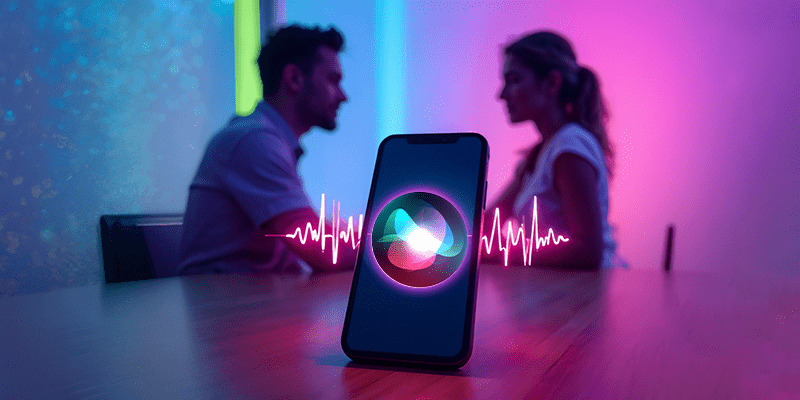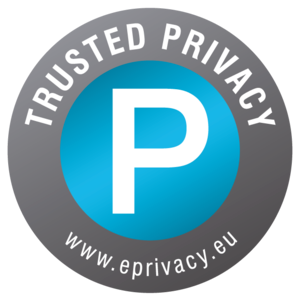Table of Contents
ToggleA lawsuit alleging that Siri, Apple’s virtual assistant, eavesdropped on customers without their consent was recently settled for $95 million. Apple is frequently praised for its strict privacy policies. The case, which was filed in Oakland, California, focused on claims that Siri recorded private conversations even when users did not use the “Hey, Siri” trigger words to activate the assistant. Advertisers were allegedly given access to the purported recordings in order to target consumers with more customized advertisements.
The Allegations and the Settlement
The case, which lasted more than five years, brought to light serious privacy issues. Over ten years, it accused Apple of covertly turning on Siri on iPhones and other devices. Tens of millions of conversations were allegedly captured and used in ways beyond Apple’s well-known dedication to customer privacy.
The proposed compensation shows a change in how Apple handles customer concerns, even though the company has continuously denied allegations and stressed that privacy was a top priority when designing Siri.
Eligible customers who owned Siri-enabled Apple devices between September 17, 2014, and the end of 2023 may be able to submit claims for compensation if U.S. District Judge Jeffrey White approves. With a maximum of five devices per customer, payments can total up to $20 per device.
Although the settlement only represents a small portion of Apple’s $705 billion in profits, it is an essential reminder of the continuous difficulties in balancing consumer confidence, trust, and technology innovation.
Apple’s Privacy Pledge
Apple responded to the accusations by reaffirming its commitment to protecting customer privacy. The business made it clear that Siri data has never been sold to outside parties or used to create marketing profiles.
Apple is positioned as a leader in promoting privacy as a fundamental human right because of its dedication to privacy, which is emphasized by remarks made by CEO Tim Cook. Apple apologized and changed Siri’s data processing procedures in August 2019 after a report in The Guardian exposed these problems.
The Importance of Data Privacy
The Siri case highlights how important data privacy is in the current digital era. Businesses gather enormous volumes of data to improve user experiences and promote targeted advertising as a result of our increasing reliance on technology. But this begs the question of whether users have provided their informed consent and how that data is gathered, saved, and shared.
There are three main categories for data collection:
Zero-Party Data:
Details like preferences, reviews, and purchase intents that customers voluntarily disclose. The fact that this kind of data is expressly provided with consent makes it extremely valuable.
First-Party Data:
Information that businesses directly collect from users on their platforms, including past purchases, app usage, and website visits. Since the brand collects this data directly, it is typically more reliable.
Third-Party Data:
Information gathered by other parties and offered for sale to other businesses. Since customers are frequently ignorant of these transactions, this category presents the biggest privacy issues.
Obtaining customer consent is essential for collecting data in an ethical and lawful manner. Businesses must place a high priority on openness, providing users with clear information about the data they gather, how it will be used, and the ability to opt out if they so desire. Customers are more inclined to interact with brands and voluntarily disclose data when they have faith that their privacy will be protected, which strengthens bonds between them.
MEmob+ and the Importance of Consent for Data
Understanding the importance of your information, the parties you share it with, and what you’re agreeing to is crucial in a world where data is driving change. Since data is becoming an essential component of the advertising ecosystem, companies need to give ethical practices top priority. Memob+ distinguishes itself by upholding GDPR compliance and making sure that customer consent is central to its business practices. With transparent and privacy-focused services, MEmob+ empowers businesses to leverage data responsibly while protecting consumer trust.
Final Thoughts
Apple’s $95 million settlement serves as a stark reminder that even the most privacy-conscious companies must continually evaluate their practices. For businesses and consumers alike, this case highlights the need for transparency, consent, and accountability in handling personal data. By adopting robust privacy measures and educating users on how their data is collected and used, companies can build trust and maintain their reputation in an increasingly privacy-focused world.
Stay informed about your digital privacy rights and the measures companies are taking to protect them.









